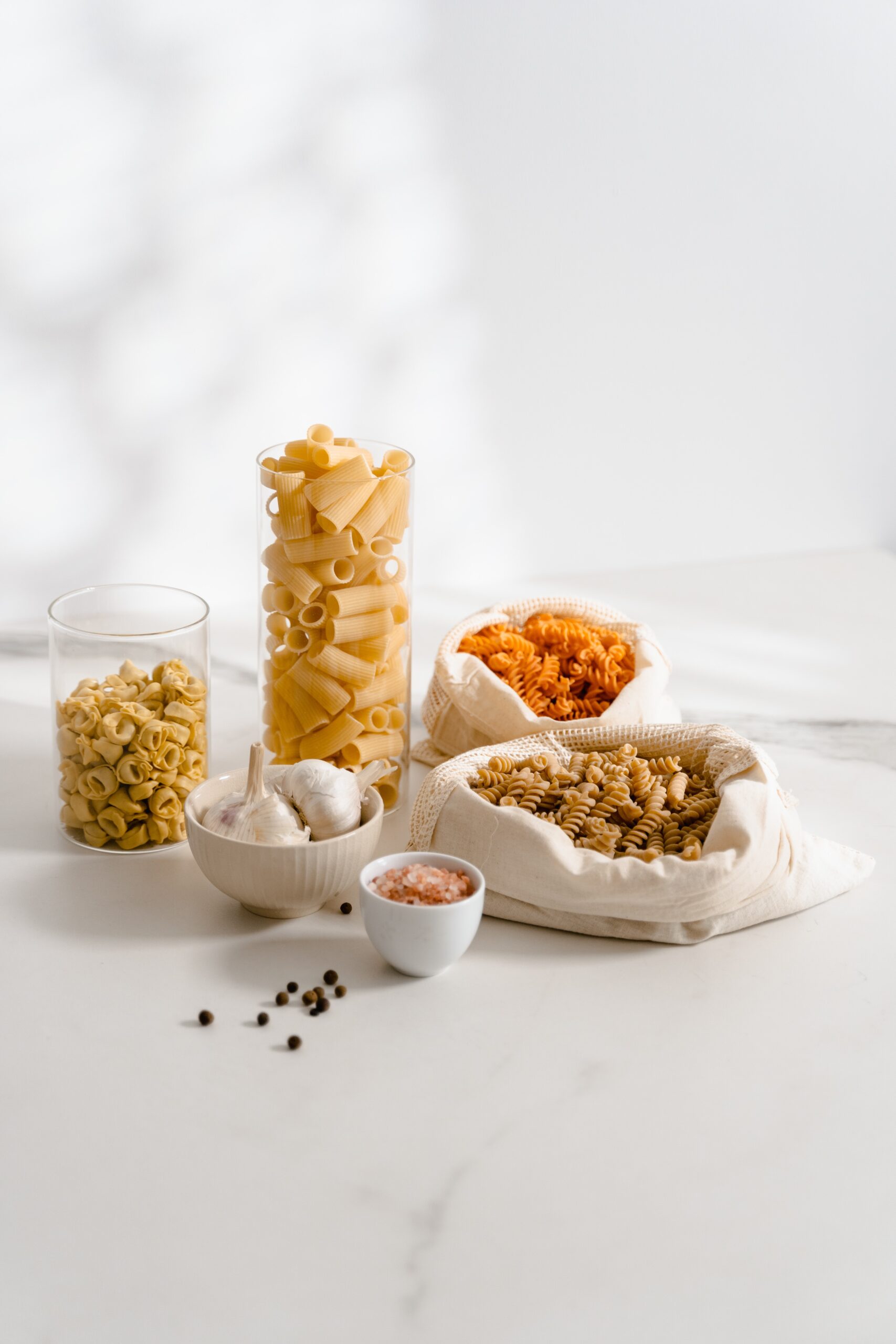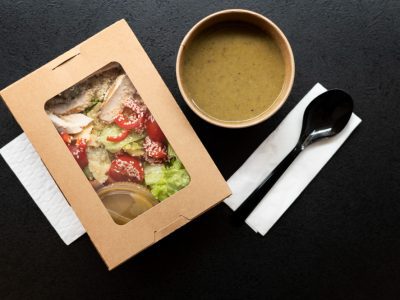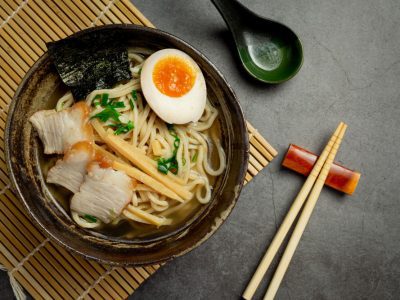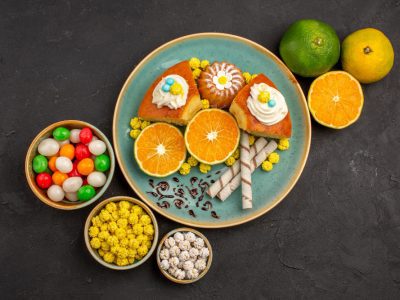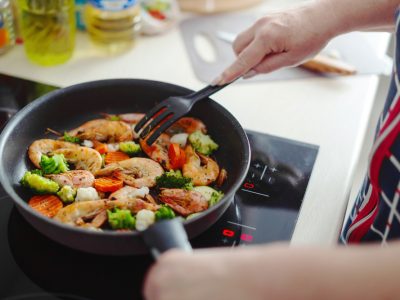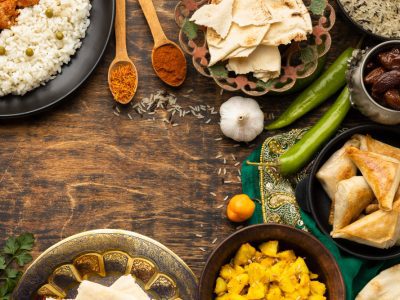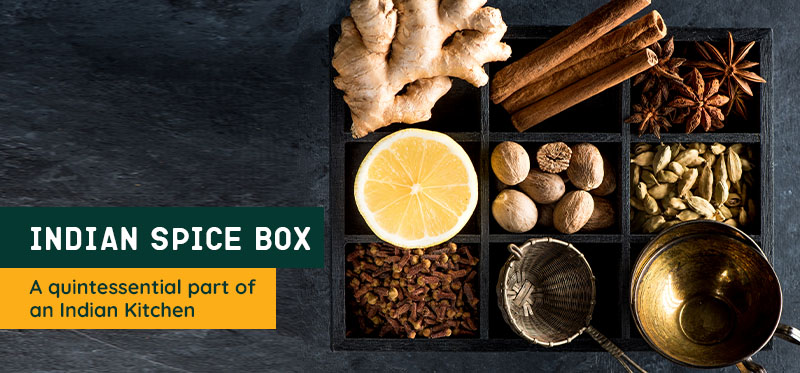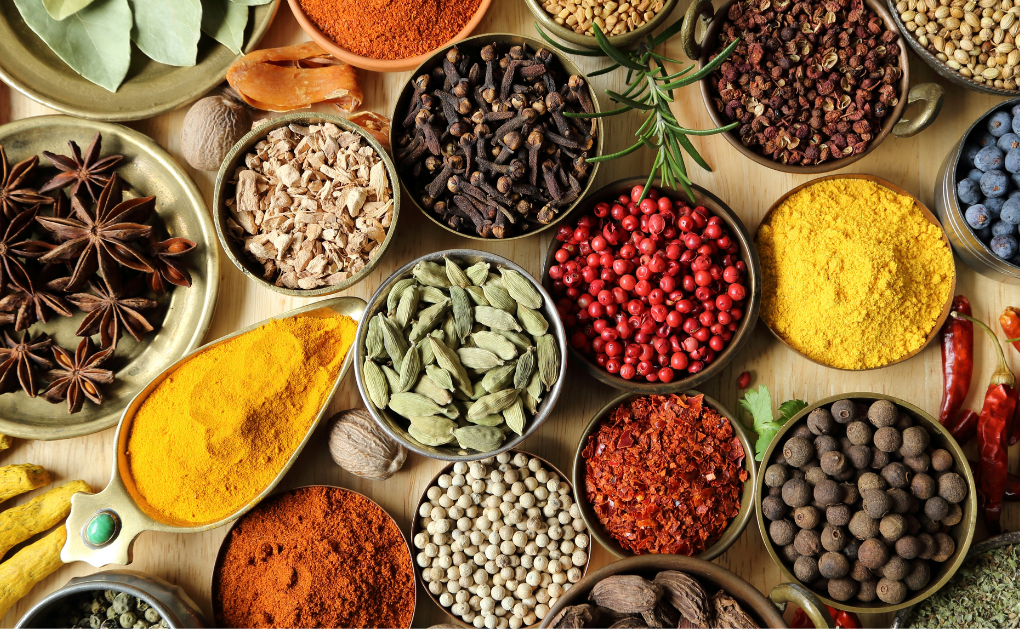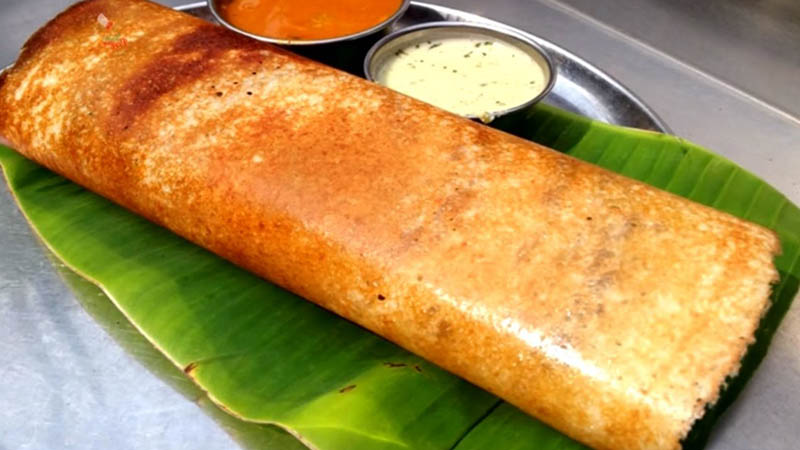Food waste is a serious problem that affects not only the environment but also our wallets. According to the Food and Agriculture Organization (FAO), roughly one-third of the food produced in the world for human consumption every year, approximately 1.3 billion tonnes, is lost or wasted. Zero waste cooking is a way to minimise food waste by using every part of the ingredients and producing little to no trash. In this blog, we will discuss how to stay sustainable with zero waste cooking by minimising food waste.
Plan your meals:
Planning your meals is the first step towards zero waste cooking. By planning your meals, you can buy only the ingredients you need, reducing the chances of buying excess food that may go to waste. Make a list of the ingredients you need for each meal, and stick to it when you go grocery shopping.
Store your food properly:
Storing your food properly is crucial to minimising food waste. Make sure your refrigerator is set to the right temperature to keep your food fresh for longer. Keep fruits and vegetables in the crisper drawer, as it helps to regulate the humidity and temperature, keeping them fresher for longer. Use glass containers or mason jars to store leftover food in the fridge, and make sure to label them with the date to avoid confusion.
Use every part of the ingredient:
One of the essential principles of zero-waste cooking is using every part of the ingredient. For example, when you buy a whole chicken, use the bones to make a broth or stock and the leftover meat to make chicken salad or sandwiches. Use vegetable scraps to make homemade vegetable stock and stale bread to make croutons or breadcrumbs.
Compost your food scraps:
Composting your food scraps is a great way to minimise food waste and reduce your carbon footprint. Food scraps like vegetable peels, eggshells, and coffee grounds can be composted and used to enrich your soil. If you don’t have a compost bin, check if your community has a composting program.
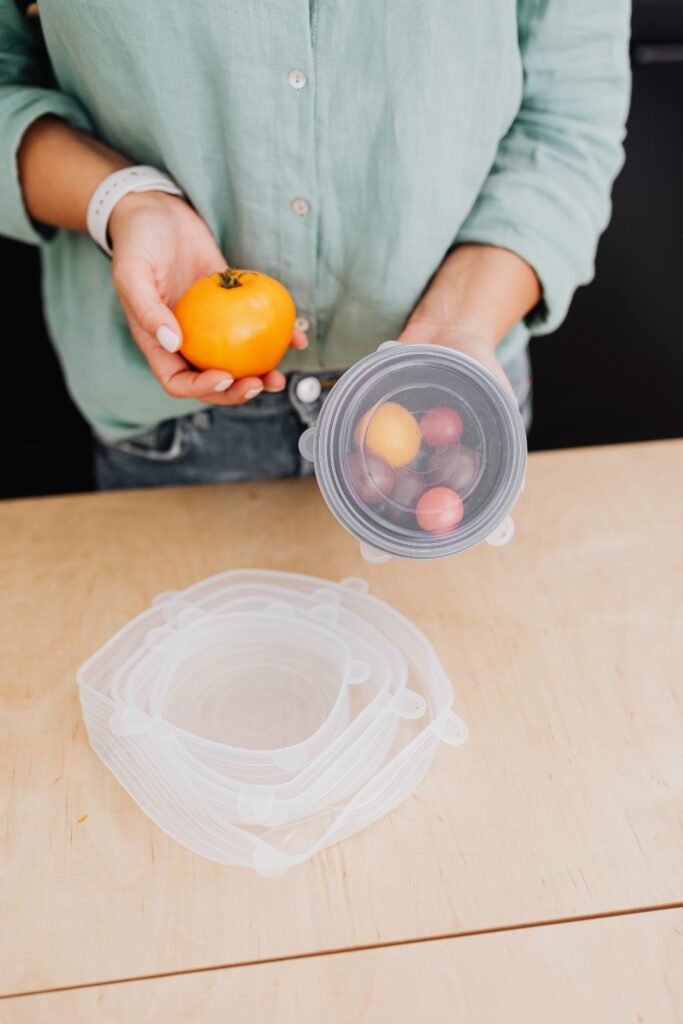
Repurpose leftovers:
Repurposing leftovers is a great way to minimise food waste. Leftover vegetables can be used to make a stir-fry or soup, while leftover meat can be used to make a sandwich or salad. Get creative and use your leftovers to create new dishes.
Also Read: https://hogr.app/blog/sustainable-food-chefs
Zero waste cooking is a sustainable way to minimise food waste and reduce our carbon footprint. Planning your meals, storing your food properly, using every part of the ingredient, composting your food scraps, and repurposing leftovers are some of the ways to stay sustainable with zero waste cooking. By making small changes in how we cook and eat, we can make a big difference in reducing food waste and protecting our planet.
